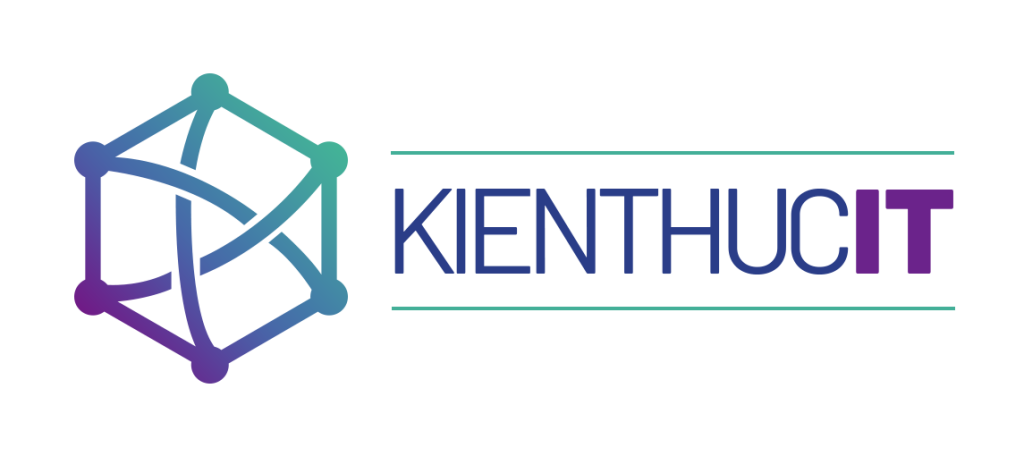Understanding the Role of Information Portals in Modern Society
Information portals have become essential in today’s fast-paced world, serving as centralized hubs for digital information access. They streamline the way individuals, businesses, and governments manage, share, and retrieve data. By integrating diverse sources into user-friendly platforms, these portals enhance productivity and decision-making across sectors. Whether it’s accessing public records, academic resources, or corporate databases, information portals redefine how we interact with online data management systems.
Benefits of Accessing Information Through Digital Portals
Digital information access via portals offers unparalleled convenience, reducing the time and effort required to gather data. For instance, online data management systems allow real-time updates and analytics, empowering organizations to respond swiftly to market changes. Additionally, information portals foster transparency by consolidating fragmented data into cohesive interfaces. This not only improves operational efficiency but also ensures stakeholders receive accurate, up-to-date insights tailored to their needs.
Types of Information Portals Available in the United States
The U.S. hosts a variety of information portals, including government-operated sites like USA.gov, educational platforms such as institutional repositories, and corporate dashboards for internal data tracking. Each type prioritizes secure data sharing while maintaining user-friendly platforms. Government portals often focus on public accountability, whereas private-sector solutions emphasize scalability and customization to meet specific business goals.
How to Choose the Right Information Portal for Your Needs
Selecting the ideal information portal depends on your objectives, whether it’s enhancing customer service, managing research data, or complying with regulatory standards. Key considerations include the platform’s ability to handle large datasets, its integration with existing systems, and the level of user-friendliness. Prioritizing secure data sharing features is also critical, especially for sensitive information like financial records or personal health data.
Security Measures for Protecting Data on Online Portals
Online data management requires robust security frameworks to prevent breaches and unauthorized access. Encryption, multi-factor authentication, and regular audits are standard practices. Users should also verify that portals adhere to compliance standards like GDPR or HIPAA. For further guidance on securing digital assets, explore resources at winport casino.
Case Studies of Successful Information Portal Implementations
- A healthcare provider improved patient outcomes by deploying a portal for secure data sharing between hospitals and clinics.
- An educational institution streamlined research workflows using a centralized platform for digital information access.
- A city government enhanced civic engagement through a user-friendly platform offering real-time data on infrastructure projects.
Trends Shaping the Future of Information Portals
Emerging trends like AI-driven analytics and blockchain-based verification are revolutionizing information portals. These innovations enhance online data management by automating tasks and ensuring data integrity. As user expectations grow, portals are increasingly focusing on intuitive interfaces and cross-platform compatibility to remain competitive.
The Importance of User-Friendly Design in Information Portals
User-friendly platforms are vital for maximizing the utility of information portals. A well-designed interface reduces the learning curve for new users and minimizes errors in data input. Features like search filters, customizable dashboards, and mobile responsiveness ensure that even non-technical users can navigate complex systems efficiently.
Common Challenges When Using Information Portals
Despite their benefits, information portals face challenges such as data silos, inconsistent formatting, and resistance to adoption. Overcoming these requires continuous investment in user training and interoperability standards. Secure data sharing protocols also play a key role in building trust among users who handle sensitive information regularly.
How Information Portals Support Business Operations
Businesses leverage information portals to centralize operations, from inventory tracking to customer relationship management. These systems enable real-time collaboration across departments, reduce redundancy, and provide actionable insights through data analytics. By integrating with cloud services, companies ensure seamless online data management while scaling their operations globally.
Innovations Enhancing the Functionality of Information Portals
Recent advancements in machine learning and natural language processing are transforming how users interact with information portals. Voice-activated queries, predictive analytics, and automated reporting tools are now common features. These innovations not only improve user experience but also optimize online data management by reducing manual intervention.
Best Practices for Maintaining Up-to-Date Information Portals
Regular updates, user feedback loops, and performance monitoring are essential for keeping information portals relevant. Ensuring that secure data sharing mechanisms are updated alongside technological advancements helps maintain compliance and user trust. Engaging stakeholders in the design process also ensures the platform aligns with evolving needs.
The Impact of Government Policies on Information Portals
Government regulations significantly influence the development and operation of information portals. Policies on data privacy, open access, and cybersecurity shape how portals are built and maintained. Compliance with these rules ensures that user-friendly platforms remain both functional and legally sound, fostering public confidence in digital services.
Why Information Portals Are Critical for Education and Research
In academia, information portals provide researchers with access to vast libraries of peer-reviewed articles, datasets, and collaborative tools. These systems facilitate secure data sharing between institutions and accelerate discoveries. By enabling seamless digital information access, portals empower educators and students to stay informed and innovative in their fields.
Global Comparisons of Information Portal Systems
While the U.S. leads in innovation for user-friendly platforms, other countries emphasize centralized control in their information portal systems. For example, Europe’s focus on data privacy laws shapes its approach to online data management, whereas Asia’s rapid digitalization drives competition in portal functionality. Each region’s strategies highlight the balance between accessibility, security, and regulatory compliance in information portals.
